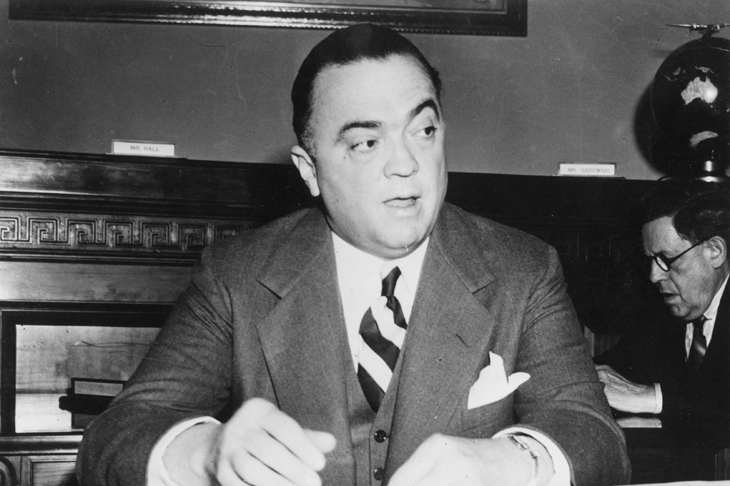In the early 1920s, while the United States was entering its crazed phase of prohibition and prosperity, a group of Native Americans had also just struck it rich. The Osage were a tribe who had been driven west (like others), and had settled in a rocky region of northwest Oklahoma. Unlike other Indian nations, they purchased their new land (which meant the federal government couldn’t move them along again), and in 1906 they had the foresight to include a covenant to the title of what became the Osage nation. Land could be sold, but no matter who owned an individual plot, all mineral rights were retained by the Osage.
In Killers of the Flower Moon, David Grann describes in detail how the subsequent oil boom made the Osage the richest group in America per capita. The revenue from oil leases was shared among enrolled members of the tribe as ‘head-rights’. After decades of being pushed around by the US government, the Osage’s ship had finally come in. They could build nice houses and drive fancy cars, all with their shares of the oil money. They could afford to employ servants — white servants — to the consternation of many observers. The ‘rich Osage’ became figures of fun and curiosity in newspaper accounts.
But their sudden wealth made them prime targets for price-gougers and scammers from all over the country. The chance to chisel some cash from the Indians, or get in on the oil boom itself, drew precisely the kind of shady character you’d expect. An added bonus for the villains who pitched up in Osage territory was that it was a long way from any police department’s notice. What law enforcement existed was at best limited, and more often corrupt.
On top of the profiteers, the Osage faced paternalistic interference from the government. Native Americans were not full citizens, and fell under the control of the Bureau of Indian Affairs. This control involved interference in all aspects of their lives, including forcing children to attend residential schools. These schools were established to turn Indian children into English-speaking Christian Americans (in practice, they varied from mediocre boarding schools to abusive hellholes, but that is another story).
In the case of the Osage, the Feds also tried to control access to their money. Like children or the incompetent, adult Indians were assigned a (white) guardian, who had power of attorney over their assets. The guardians could limit how much cash they actually doled out to their ‘wards’ (while helping themselves to the funds).
So when the Osage started dying, there was plenty of suspicion to go around. At first it wasn’t clear the deaths (often from poisoning) were murders, with many staged to look like accidents or illness. But as the body count rose, few could avoid the obvious conclusion. Desperate relatives appealed for help, but the crime syndicate also had a long reach. One man who tried to investigate was killed and thrown from a train. Another, who travelled to Washington to petition for justice, was found dead in a ditch just outside the capital.
Grann’s narration of this murder spree and investigation kept me riveted enough to read it in one sitting. The FBI, brought in to investigate, was still a new agency, being shaped by its ambitious young director, J. Edgar Hoover. He wanted to use science and technology to solve crimes (he even published scientific articles about the use of blood evidence). He also set about creating an army of black-suited, brylcreemed G-Men, recruited from top university graduates.
However, fortunately for the Osage, the Bureau he took over still contained agents of the old school — former Texas rangers and US marshals, more familiar with horses than typewriters. Hoover wanted to put these cowboys out to pasture, but they turned out to be his best asset in this case. His preppy Ivy Leaguers couldn’t go undercover as visiting cattle ranchers or traders, but the older agents could. The Osage case was a victory for detection of the shoe-leather-and-gut-instincts school.
The Osage oil boom (and the murders) have been largely forgotten now, but Grann demonstrates how this horrific period has cast a long shadow on the Osage. He has a lot of sources to draw on, and has used court transcripts, newspaper interviews and personal accounts to create vivid images of the people involved. To readers of thrillers, and anyone interested in 20th-century America, this book is highly recommended.






Comments